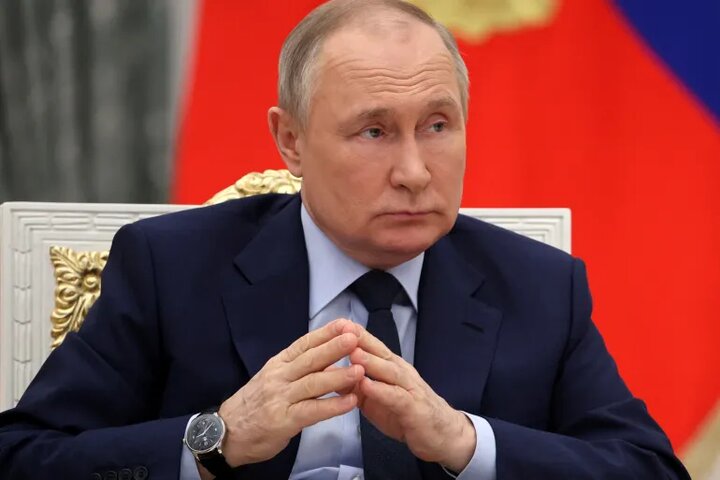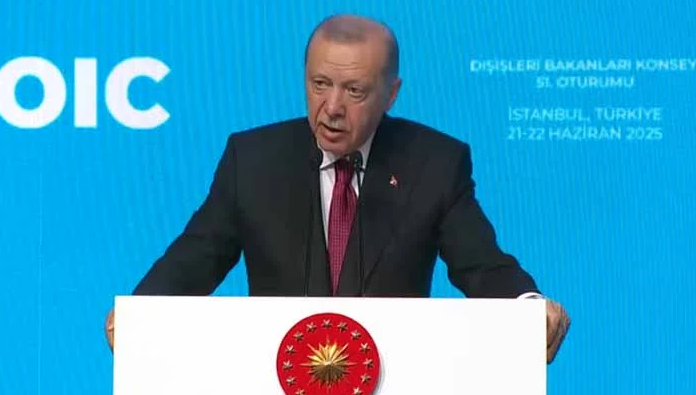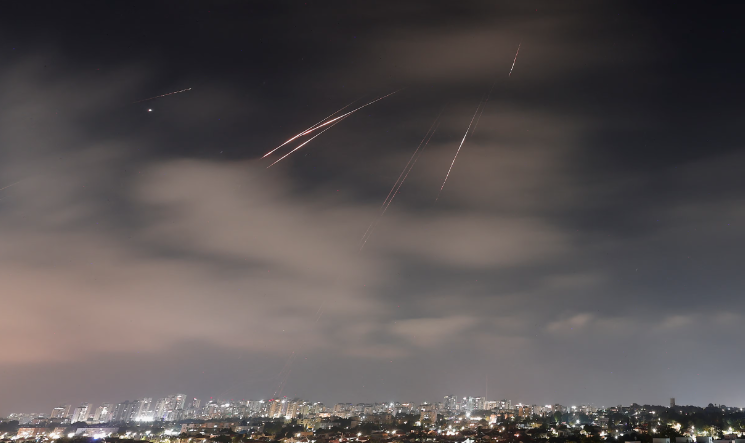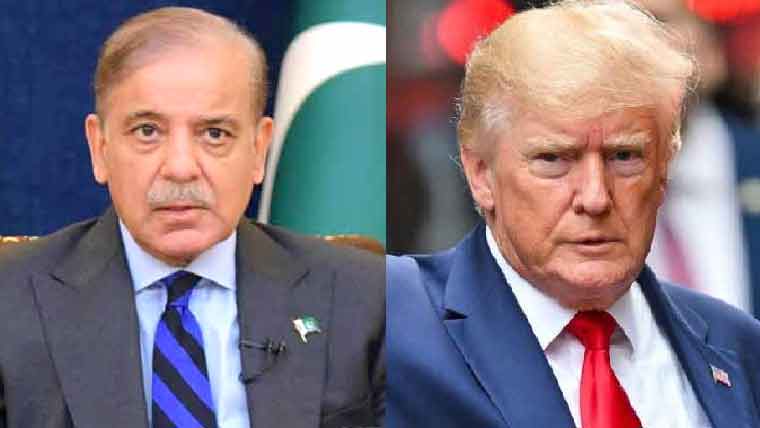WORLD NEWS
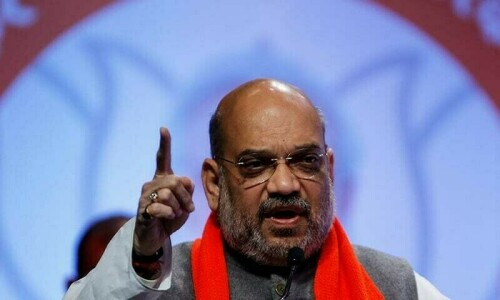
India’s Home Minister Amit Shah has declared that the Indus Waters Treaty (IWT) with Pakistan, a longstanding water-sharing accord brokered by the World Bank in 1960, will never be restored. His comments mark the most direct and provocative statement yet from New Delhi regarding its intentions to permanently halt river flows into Pakistan.
“No, it will never be restored,” Shah told The Times of India on Saturday, referencing plans to divert water from the western rivers to the Indian state of Rajasthan. “Pakistan will be starved of water that it has been getting unjustifiably.”
India unilaterally suspended its participation in the IWT on April 23, just days after a deadly attack in India-held Kashmir claimed the lives of 26 civilians. Delhi, without presenting evidence, blamed Islamabad for the attack—an accusation Pakistan strongly denies, urging a neutral international probe.
Pakistan: Blocking Water Is an "Act of War"
In response, Prime Minister Shehbaz Sharif had earlier described India’s move as a “blatant violation and act of water aggression”, and warned of a “befitting response” as per NSC (National Security Committee) directives.
While Islamabad has yet to respond officially to Shah’s latest remarks, the Foreign Office maintains that unilateral withdrawal is not permitted under the IWT, and any attempt to block river water would be viewed as an act of war. A legal challenge under international law is reportedly being explored.
Kashmir’s CM Opposes Water Diversion to Other States
In a surprising turn, Indian-held Kashmir’s Chief Minister Omar Abdullah voiced strong opposition to diverting river waters to Punjab and Rajasthan, citing acute shortages within the Union Territory itself.
“Nobody will take it. At least I will not allow it as of now. First allow us to use our water, then we will talk about others,” Abdullah said, highlighting drought conditions in parts of Jammu and the lack of water in taps.
He criticized the central government’s reported plan to conduct a feasibility study for a 113-kilometre canal to divert surplus flow from the Indus river system.
Omar also recalled how Punjab refused to share water with Kashmir during past disputes over the Ujh multipurpose project and the Shahpur Kandi barrage, calling the move hypocritical.
Geopolitical Ramifications and Risk of Escalation
Analysts warn that the suspension of the IWT—considered a rare example of successful water diplomacy between two nuclear-armed rivals—could trigger regional instability and diplomatic fallout, especially if India proceeds with construction projects that reduce downstream flow into Pakistan.
India reportedly plans to ramp up its water extraction from key tributaries like the Ravi, Beas, and Sutlej, which are crucial for Pakistani agriculture.
With tensions already high after recent cross-border skirmishes and competing narratives over ceasefire negotiations, the water dispute could potentially open a new front in Indo-Pak rivalry, raising alarms in diplomatic circles.
